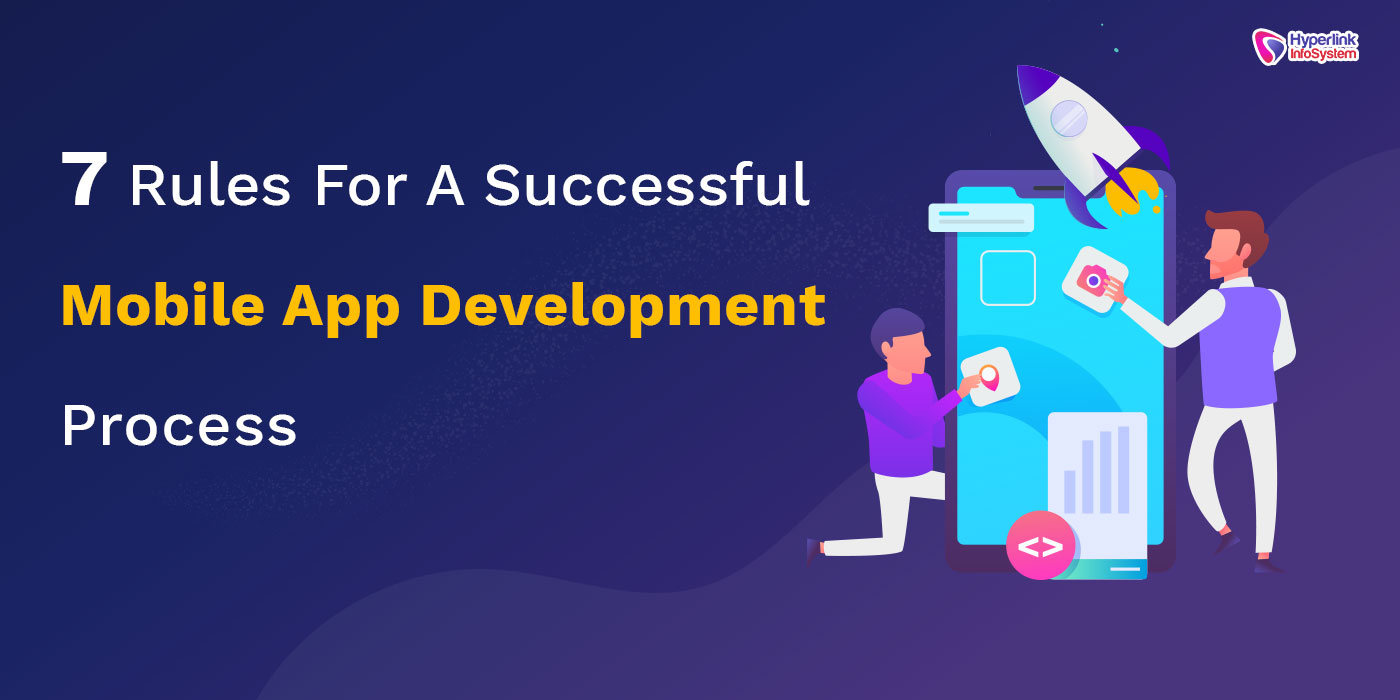�
For everything in life, there are rules, android app development is not an exception to this fact. Quite often, people assume success in android app development comes out of the blue, that perhaps it just happens. But this is wrong. There are ways by which winning ideas are inspired.
Before a business embarks on its app development journey there are a couple of decisions that it needs to first of all make. Such businesses would be confronted with the dilemma of choosing between new technology or legacy system, to either go with an in-house development team or to hire an app development agency, the amount of money it should devote for the project etc. Although it is important to answer these questions and many more, the longer it takes for you to make a decision the greater the likelihood of making mistakes.
So, in case you are having difficulties with the seeming complexities of android app development, you can get your game back on by observing these seven key rules. It is important to note that these rules do not differentiate between right and wrong but rather it acts as pointers for creating valuable software product for your teeming clients. Below are these seven rules that
app developers must imbibe for a successful mobile app development process;
1. Analysis of user requirement:
This is the first and one of the most important rules for a successful Android app development project. A proper analysis of user requirement can mark the success or failure of an Android app. App developers must ensure they represent user requirements in its proper form. Some of the steps involved in the proper analysis of user requirement include information gathering and user needs identification.
- Information gathering: This involves gathering all necessary and important information about users and stakeholders and any processes that take place.
- User-need identification: After gathering information on the user, next is to ascertain the user's needs. This can be achieved via survey, interviews, focus groups etc.
2. Pay attention to visual appeal:
According to a study published by Google, it takes the average human 17 milliseconds to develop a perception of design aesthetics. This study highlights the importance of visual appeal.
Regardless of how powerful or sophisticated your mobile app may be, if you don't pay attention to user perception you would fail woefully. The Google Play Store is cluttered with millions of app. Visual perception is one of the core parameters that users employ to judge the quality of an app.
As an Android app developer, to be successful you must be aware and follow the latest trends and best practices in the design of your app. Strive to achieve a perfect balance between an attractive design and ease of use. Keep the design simple, users are often overwhelmed by apps that appear cluttered.
3.Optimize the performance of app for multiple Android devices:
The
open source nature of the Android OS means that any phone manufacturer can make use of this operating system. This has resulted in the market being flooded with Android devices. Each of these phone marker offers multiple devices with different screen size and capabilities.
Therefore, after app developers have gathered information on user-requirement, the focus should shift to optimizing the performance of the app for multiple devices. You must be aware of device compatibility requirements and act accordingly.
4. Write easy to understand codes:
It is shocking, but close to 90% of development time is spent trying to decipher another app developers' code instead of actual code writing. This is a tremendous waste of time. As a programmer, you are better off writing clear and understandable codes instead of cool but complex ones. It may not seem like a big deal at first but over the typical lifecycle of an app, there may be a need for upgrades. App developers may need to build on what you have created. So it is helpful that you keep the code as minimalistic as possible.
5. Conduct frequent app testing:
It is improper to write loads of codes and then wait for Quality Analyst to do the testing. it is simply not professional. Android app developers are expected to take the time to properly test their apps before it is deployed in a real-world scenario. Testing should be carried out during the app development process and not after. This is particularly important for enterprise android app development. Some of the
forms of testing that apps must undergo include app speed testing, UI performance testing, and unit testing. You can take advantage of several platforms, emulators, and devices to conduct testing.
6. Security:
Security is an issue that must be taken very seriously by app developers. According to Google's policy, apps which abuse or misuse any network, device, or personal data are immediately flagged and removed. There is a certain level of responsibility which is expected from Android developers.
App developers are expected to integrate authentication features which prevent unauthorized access of the app. They must also follow best practices for file encryption which makes their apps more secure. They must install a mechanism which can very efficiently identify suspicious login activity and can warn users.
7. Listen to users:
One of the fastest route to adapt and evolve as an app developer is to be open to the opinions and suggestions of users. As a developer, your ears and eyes must be open for user feedback. The success of your app is highlighted by user delight. By paying attention to users opinion not only will you be able to make adjustments to your current apps, but you would have learned enough to make the next project a huge success.
Conclusion
In order to be the harbinger of great ideas, you must be willing to obey the rules of the game. This will ensure that your ideas are more capable and valid. By following the above principles and laws, you can get the best Android application developed.


























